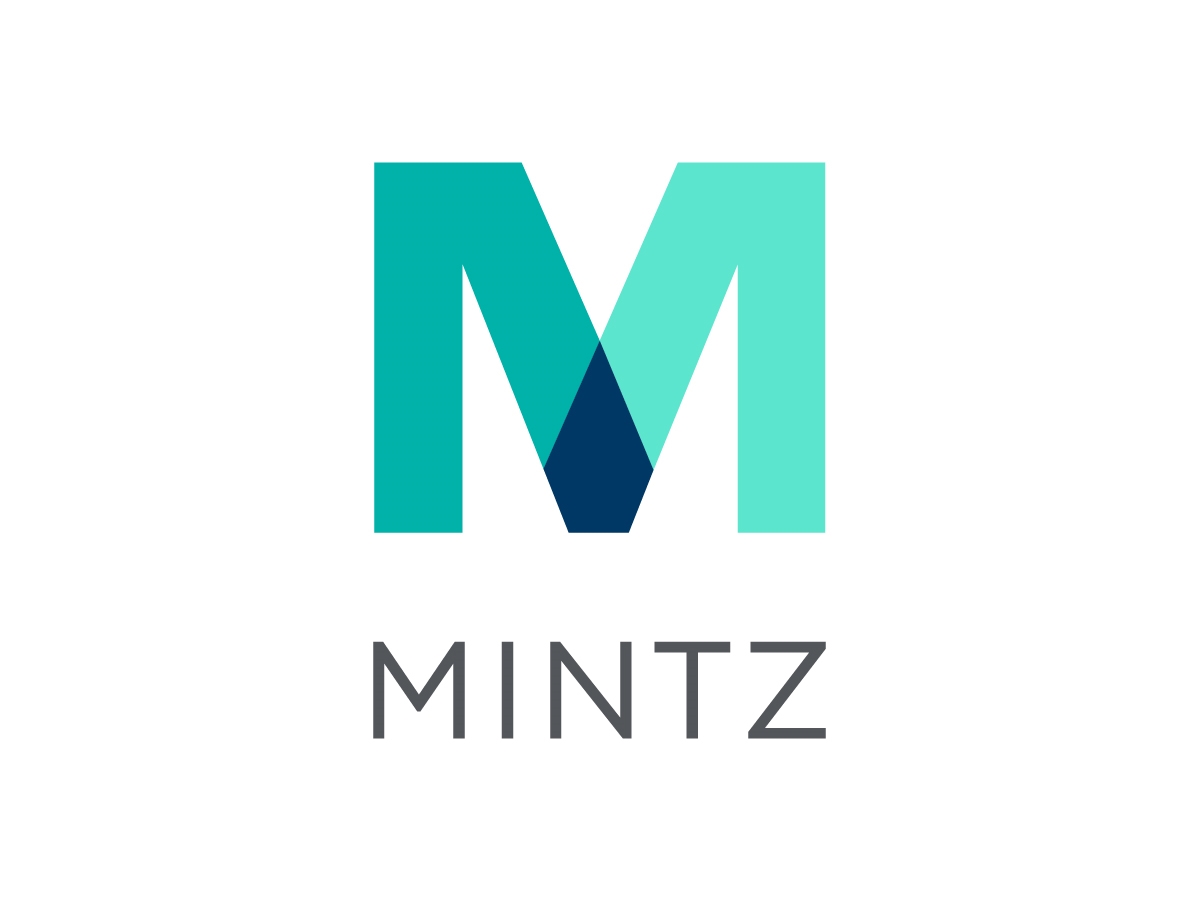USPTO Finalizes Changes to PTAB Pre-Issuance Circulation Rules
“Notice-and-comment rulemaking is not required for all Office policy and guidance applicable to Board proceedings…. [The USPTO] seeks to retain flexibility in implementing written guidance to efficiently and transparently address the workings of the Board and to maintain consistency in proceedings.” – USPTO Final Rule
The U.S. Patent and Trademark Office (USPTO) announced a final rule today that will amend the rules of practice before the Patent Trial and Appeal Board (PTAB) to formalize the existing Standard Operating Procedure (SOP4) governing circulation and internal review of PTAB decisions.
In October 2023, the Office issued a Notice of Proposed Rulemaking (NPRM) that aimed to “promote consistent, clear, and open decision-making processes while protecting judicial independence and increasing transparency of USPTO processes.”
The rule most notably prohibited review of decisions prior to issuance by PTAB management judges, the USPTO Director and other high-level USPTO officers. As part of the NPRM, the USPTO issued proposed changes to its Standard Operating Procedure (SOP4), adding a part 43.
The Office issued a request for comment (RFC) on the topic in 2022, around the same time the U.S. Government Accountability Office (GAO) released its report finding that “the majority of [administrative patent] judges (75 percent) surveyed by GAO responded that the oversight practiced by U.S. Patent and Trademark Office (USPTO) directors and PTAB management has affected their independence, with nearly a quarter citing a large effect on independence.” The final report was issued in December 2022 and concluded that increased transparency is needed in the USPTO’s oversight of judicial decision-making.
Under an interim process implemented in May 2022, some PTAB decisions were required to be circulated to a pool of non-management administrative patent judges (APJs) known as the Circulation Judge Pool (CJP) prior to issuance. Decisions required to go before the CJP included America Invents Act (AIA) institution decisions; AIA final written decisions; AIA decisions on rehearing; inter partes reexamination appeal decisions; designated categories of ex parte appeal, ex parte reexamination appeal, and reissue appeal decisions; and all Board decisions (including AIA and ex parte appeal decisions) following a remand from the Federal Circuit. Now, circulation to the CJP is optional for all decisions. The USPTO also updated former PTAB Standard Operating Procedure 9 for decisions remanded from the Federal Circuit, eliminating the requirement for PTAB judges to discuss remanded cases with PTAB management. That SOP has been renamed to SOP3.
According to the NPRM, representative comments received stressed the need for judicial independence, reduced influence by USPTO senior management on PTAB panels, more detail on the CJP, and some suggested abandoning the CJP procedure altogether “in favor of entrusting the APJs and the Director Review process with maintaining consistency and quality of PTAB decisions.”
The final rule implements the NPRM’s proposal to add Section 43.3(d) of the SOP4, which delegates the Director’s power to designate and re-designate PTAB panels to the Chief Administrative Patent Judge and also to “prohibit the Director from directing or otherwise influencing the paneling or repaneling of any proceeding prior to issuance of the panel decision.” The Director could, however, issue general paneling guidance for proceedings and direct repaneling according to such guidance when reviewing or rehearing issued decisions.
Management judges are also barred from initiating communication with panel judges prior to issuance of a decision. The decision to request input from management judges is optional and “solely within the discretion of an individual panel member.”
According to the final rule, the Office received a total of nine comments from eight organizations and one individual. While most commenters were generally supportive of the proposed changes, some suggested that the language requiring that all decisions of the Board must comport with “written agency policy and guidance applicable to Board proceedings” should be revised because “any policy that is important enough for the Board to follow should undergo the rulemaking procedures of the Administrative Procedure Act (APA).” The Office rejected these suggestions, explaining that “notice-and-comment rulemaking is not required for all Office policy and guidance applicable to Board proceedings” and that the USPTO “seeks to retain flexibility in implementing written guidance to efficiently and transparently address the workings of the Board and to maintain consistency in proceedings.”
The final rule becomes effective on July 12, 2024.
Eileen McDermott
Eileen McDermott is the Editor-in-Chief of IPWatchdog.com. Eileen is a veteran IP and legal journalist, and no stranger to the intellectual property world, having held editorial and managerial positions at […see more]







